Introduction
Remote sites, including off-grid communities, mining operations, disaster relief camps, and eco-tourism hubs, face significant energy challenges. Traditional diesel generators are costly, polluting, and logistically cumbersome. Solar energy systems paired with portable power stations offer a transformative alternative. Tursan, a leader in energy storage solutions, provides a suite of PPS products (e.g., 300W–3600W models) and LiFePO4 batteries designed to harness solar power efficiently. This paper examines their applications, supported by technical data and case studies.
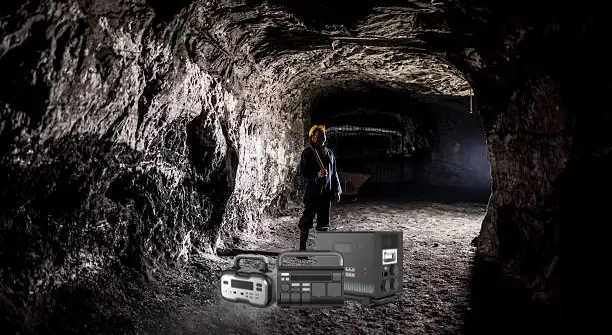
Portable Power Stations: Technical Overview
Key Components and Functionality
A portable power station comprises:
- LiFePO4 Batteries: Known for longevity (3,000–5,000 cycles) and safety.
- Inverters: Convert DC to AC power (e.g., Tursan’s 1.2kW–5.5kW off-grid inverters).
- Solar Charging Compatibility: Direct integration with solar panels.
Product Specifications
Tursan’s PPS range includes plastic and sheet metal models tailored for diverse loads:
| Model | Capacity (Wh) | Output (W) | Solar Input | Link |
|---|---|---|---|---|
| YC600 (Plastic) | 600 | 300 | 200W max | Link |
| Sheet Metal 3600W | 3,600 | 3,600 | 1,500W max | Link |
| 48V560Ah Home Battery | 28,670 | 5,000 | 10kW solar array | Link |
Integration with Solar Energy Systems
Off-Grid Solar Solutions
Tursan’s PPS systems are engineered to store solar energy during daylight and discharge it on demand. For example, the 48V560Ah LiFePO4 battery (28.67 kWh) can power a remote clinic’s refrigeration units and lighting overnight.
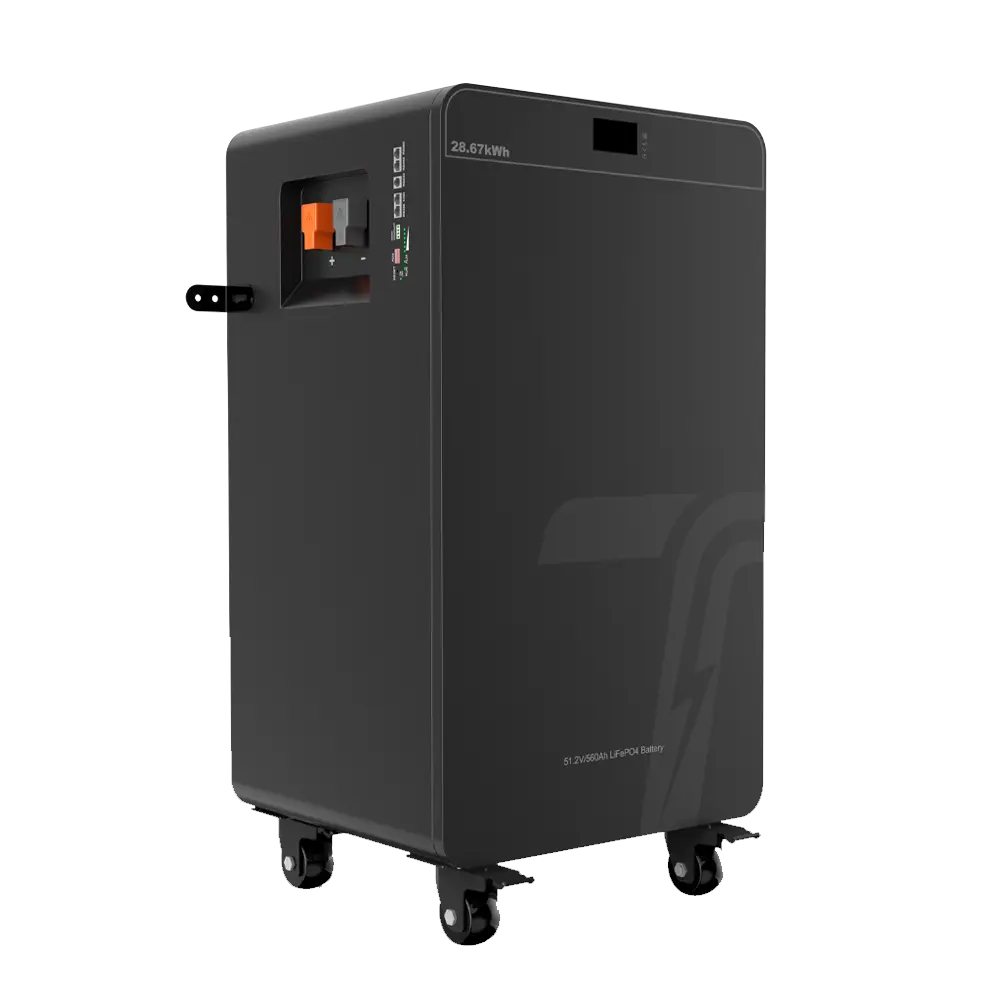
Scalability Through Stacking
Stacked home batteries (3kW–25kW) enable modular energy expansion. A 25kW system (Link) can support a small village’s energy needs, including water pumps and communication devices.
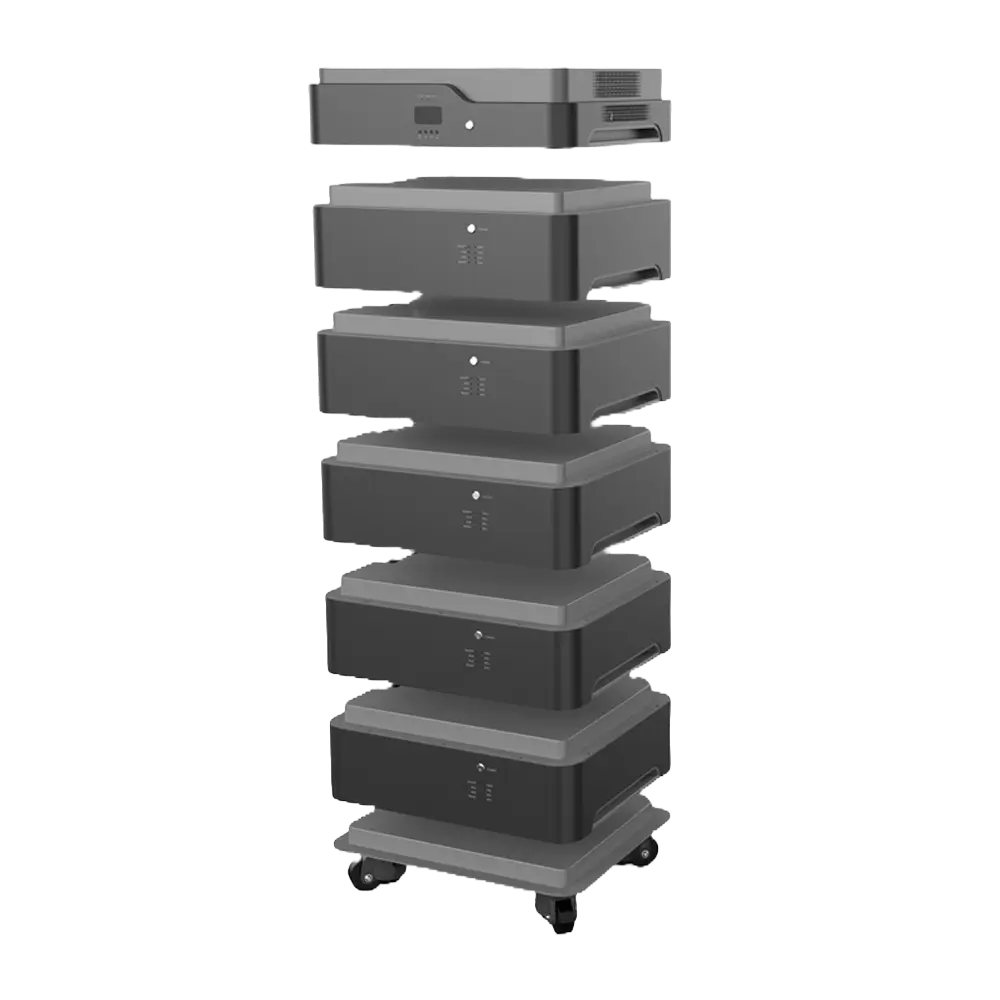
Supporting Remote Sites: Case Studies
Disaster Relief in Southeast Asia
After Typhoon Rai (2021), a 10kW stacked battery system (Link) provided emergency power to 200 households, reducing reliance on aid convoys.
Eco-Tourism in Africa
A safari lodge in Kenya uses Tursan’s 2400W PPS (Link) paired with solar panels to electrify tents and charging stations, enhancing guest experiences while preserving ecosystems.
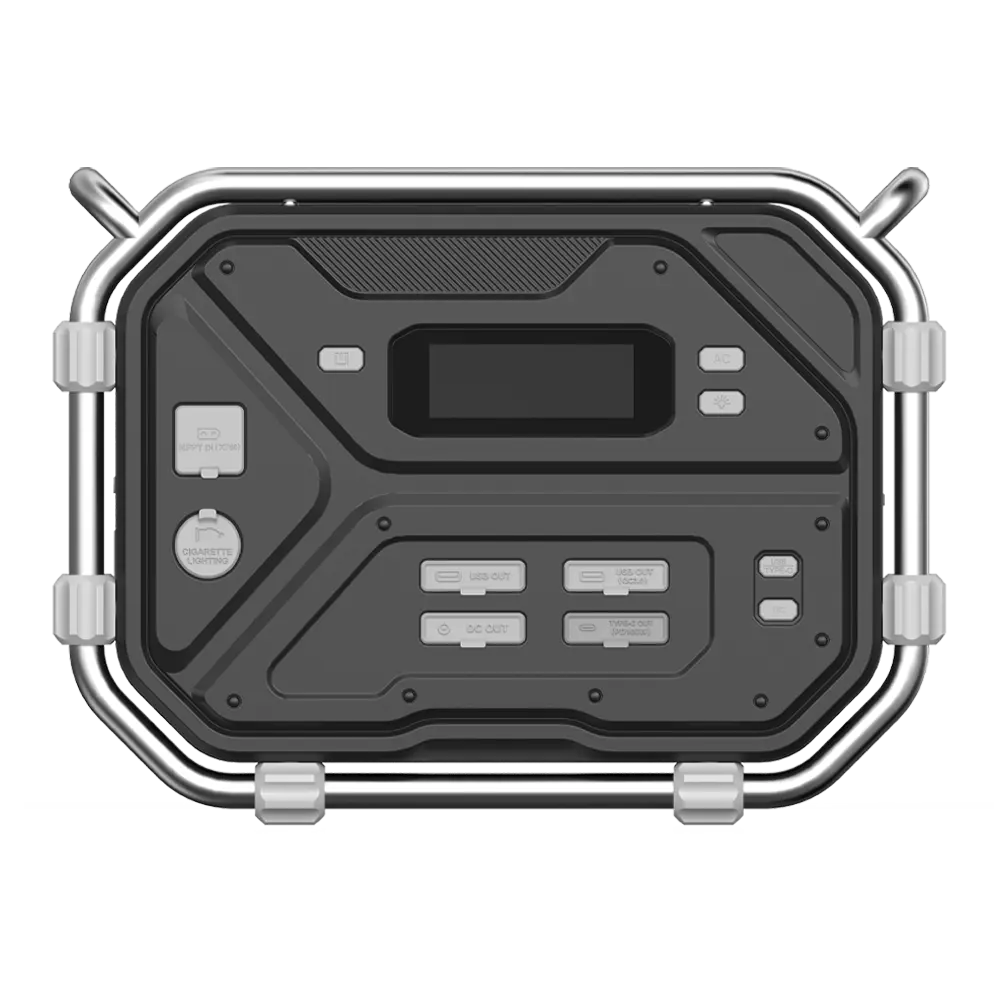
Mining Operations in Australia
A lithium mine employs Tursan’s 5.5kW off-grid inverter (Link) to power drilling equipment, cutting diesel costs by 60%.
Economic and Environmental Benefits
Cost Savings
- Initial Investment vs. Long-Term Savings: A 15kW stacked system (Link) costs $12,000 but eliminates $5,000/year in diesel expenses.
- ROI for Distributors: Tursan’s exclusive distributor program ensures market protection and priority shipping (Link).
Carbon Reduction
A single 600W PPS (YC600) offsets 1.2 tons of CO₂ annually compared to diesel.
Challenges and Solutions
Technical Limitations
- Battery Degradation: LiFePO4 chemistry mitigates this issue, retaining 80% capacity after 4,000 cycles.
- Weather Dependency: Hybrid systems with wind or generator backups enhance reliability.
Logistical Barriers
Tursan’s trolley-compatible PPS models (Link) simplify transport to rugged terrains.
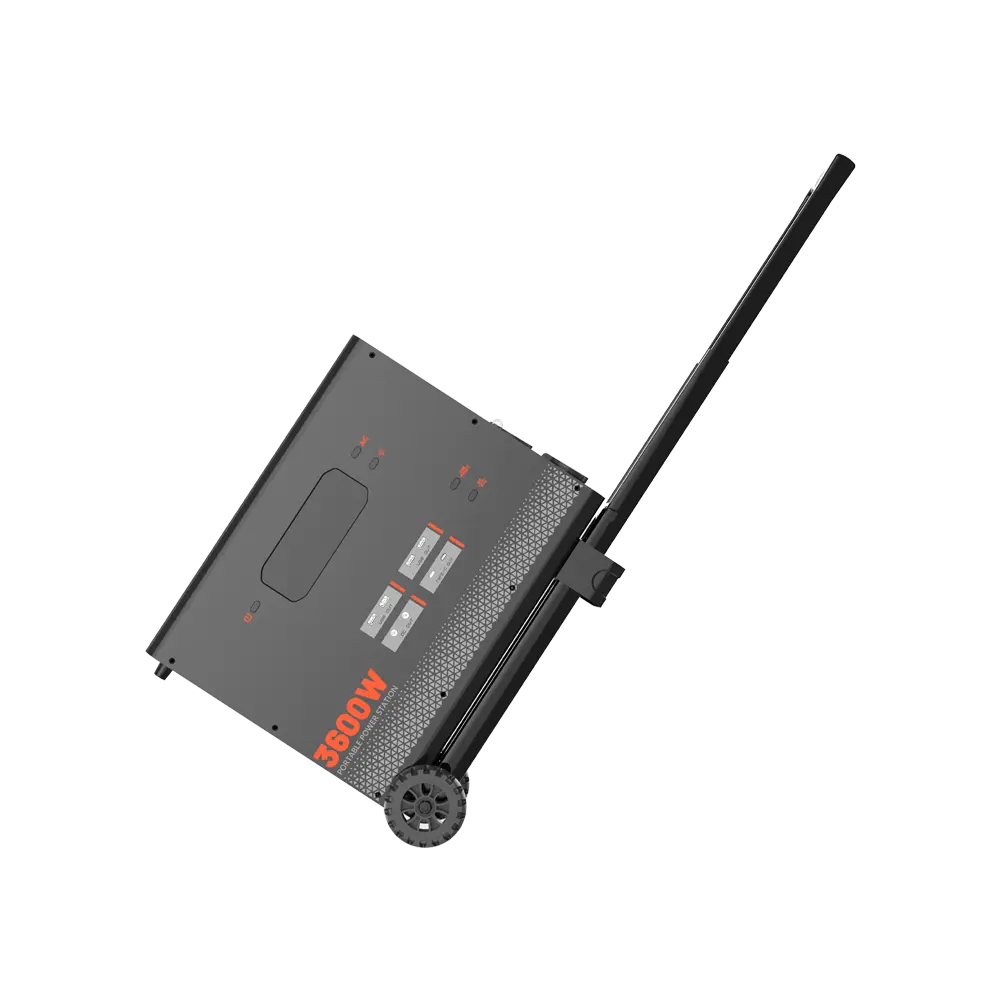
Future Prospects
Advancements in AI-driven energy management apps and higher-capacity batteries (e.g., 48V350Ah, Link) will further optimize solar-PPS systems for remote applications.
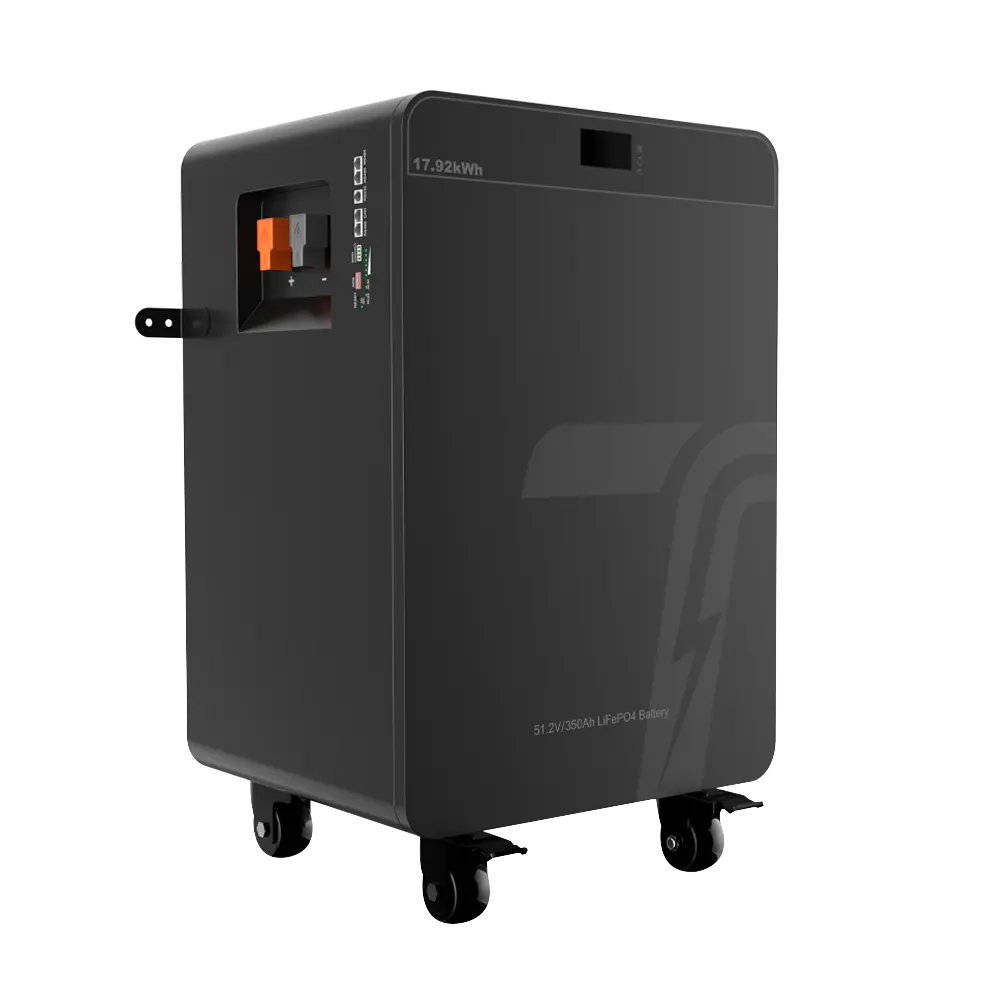
Conclusion
Portable power stations are revolutionizing energy access in remote areas by leveraging solar power’s sustainability and Tursan’s cutting-edge technology. With scalable designs, robust warranties, and global distributor networks, these systems empower communities and industries to achieve energy independence. As emphasized by a Tursan client: “The YC600 gave me the courage to step into the wild!”




